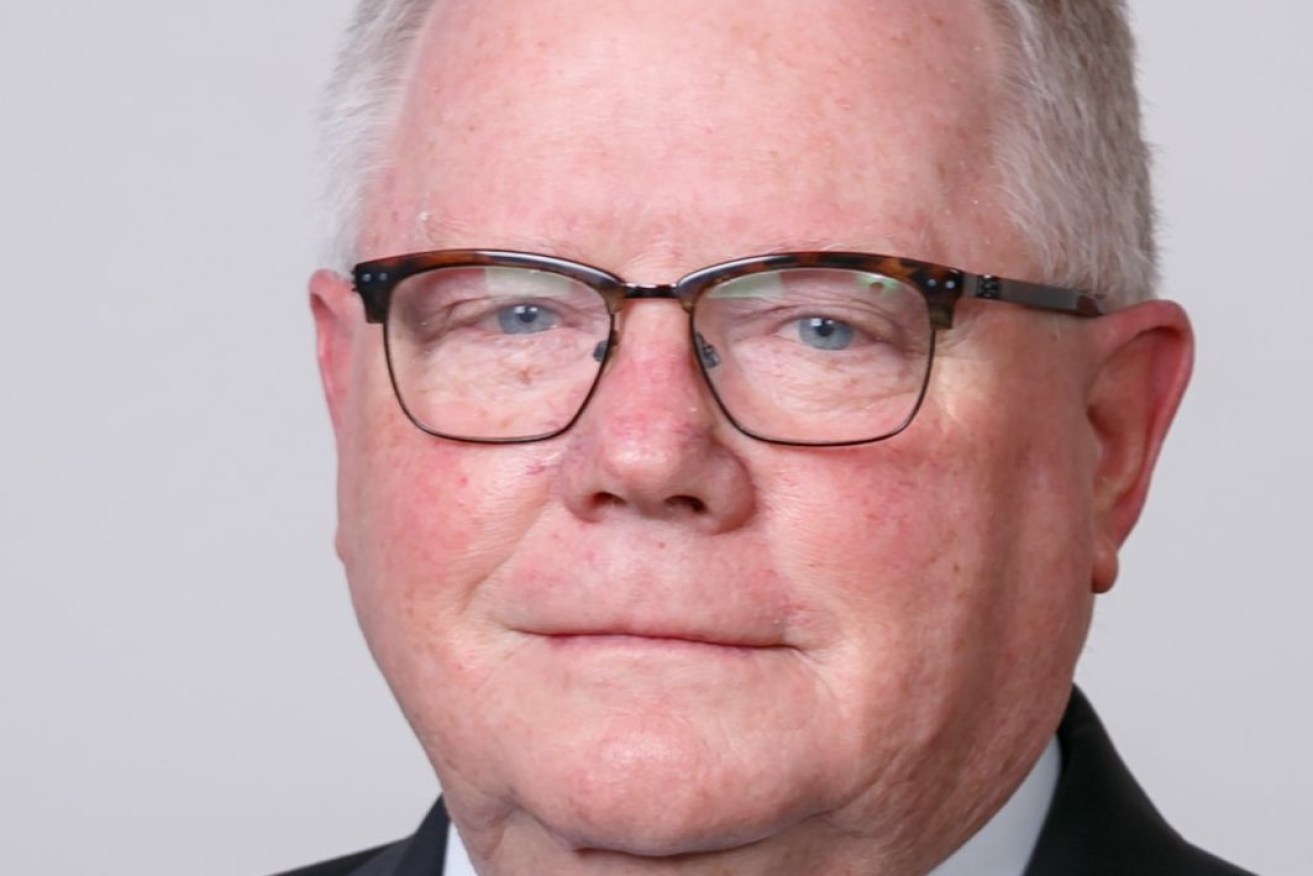Internet, amphetamines have changed crime forever: retiring judge
The prevalence of drugs and the influence of the internet have forever changed the nature of crime, says Australia’s longest-serving judge, the outgoing Chief Judge of the District Court of Queensland, Kerry O’Brien.

Retiring Chief Judge of the District Court of Queensland, Kerry O'Brien.
After 46 years in criminal law, 31 of those as a judge, O’Brien will hang up his robes on the eve of the Ekka public holiday next month. That is probably appropriate given the period O’Brien spent as a young prosecutor in the regions.
Even when COVID-19 began to trouble the courts, O’Brien had been preparing to hear cases in Charleville, and he acknowledges his valedictory – live-streamed into some regional courthouses – will be more remote due to the need for social distancing.
When O’Brien became a judge in 1989, the Fitzgerald Inquiry was coming to a close, and the District Court was taking on more of the criminal matters once the domain of the Supreme Court. The civil jurisdiction of the District Court was also changing, along with broader societal trends.
“Looking back, things have become more complex, the law has become more complex,” O’Brien told InQueensland.
“There has been an explosion in technology over that period of time. When I first came on the court computers, for example, were unheard of in the courtroom. Today, they’re a matter of routine. And the hard copy library is a thing of the past.”
O’Brien said the internet had also altered the nature of offending, with an increase in complex fraud cases over the last five years. It also facilitated some forms of sexual abuse, noting that child pornography could be produced anywhere and accessed anywhere.
“That’s a direct consequence of the existence of the internet and the modern computer age we live in,” he said.
O’Brien said the increase in abuse cases before the courts largely reflected society’s willingness to speak out against such offences. Technology, he noted, had given the courts the flexibility to allow vulnerable victims and witnesses to give evidence online or pre-record their testimony.
O’Brien said the other significant change during his career was in relation to the scourge of drugs, and how drug use and distribution was not only a crime in itself, but led to an “explosion” of other crimes such as dishonesty offences, theft and assault.
“The big problems in society today are drug-related,” O’Brien said.
“Thirty years ago, if we had drug offences they tended to be marijuana, cannabis, occasionally heroin. Today the drugs like methamphetamine do an enormous amount of harm and lead to other offending.”
While O’Brien believed crime trends fluctuated, he was concerned by the number of young people committing offences due to drugs. He said there was a need to break the cycle of addiction and also do more in the way of prevention and deterrence.
O’Brien said sentencing judges, to do justice according to the law, had to impose a punishment that reflected the crime, acted as a deterrent to the individual and the community at large, and be alert to any possibility of rehabilitation. That could sometimes be a difficult balancing act.
“To me at least, if society ignores the importance of rehabilitation then they probably do so at their own peril,” O’Brien said.
Asked if the importance of rehabilitation had been acknowledged in Queensland, O’Brien said not all offences were so heinous as to require the maximum possible sentence, and some offenders could be put on a different path.
“I think governments today do have an understanding of the importance of rehabilitation (but) I’m not sure the community always does,” O’Brien said.
“Law and order can be a fairly emotional phrase, it can some engender some strong views. But properly informed views would accept that rehabilitation is important.”
Having taken part in many valedictories himself, O’Brien will be in the unfamiliar position as the judge being farewelled.
“I’d like to be remembered as someone who has worked hard to make the court a more productive and contented place in which to work,” he said.
“It would be easy to say I want to be remembered as a judge who wanted to do his or her best, to be fair, and to act with integrity, but that should be a given for any judge. I’d like to think I’m leaving the court a better place than it was when I joined it and when I became Chief Judge.”












